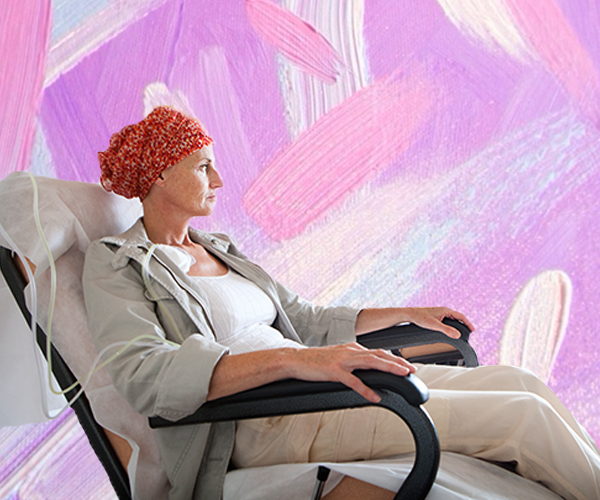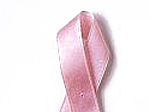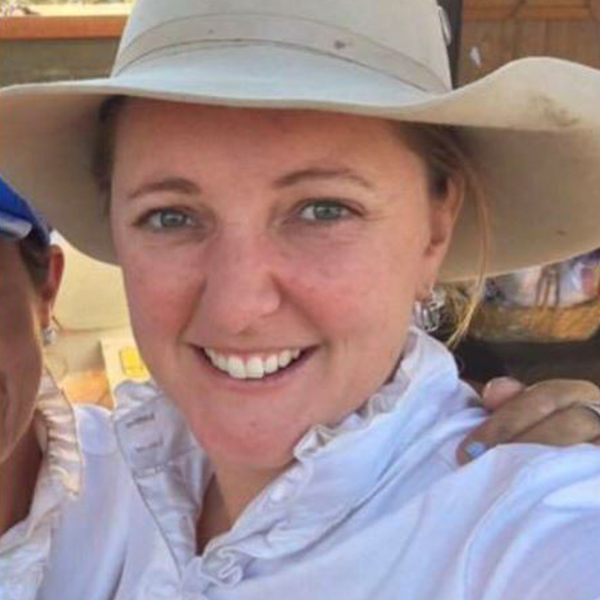“You have breast cancer“. Four tiny words are enough to floor people with unthinkable questions: Am I going to die? How bad is it? Will I lose my breasts? What about my kids? How do I treat it?
Questions of mortality and how you and your family will cope are understandable in the fog and confusion of being diagnosed with breast cancer. But rarely will someone ask about monetary concerns when they’re being dealt the devastating blow, because nobody tells you the financial burden that comes with having cancer.
When Melissa Irving was diagnosed with stage three breast cancer two weeks after her 39th birthday, she was completely blindsided.
“I checked myself out in the shower and thought ‘Oh, that shouldn’t be there’ but I wasn’t worried. There’s no family history so I just thought it was a cyst or something,” she explained.
After a mammogram and ultrasound, the diagnosis came back. She had invasive ductal carcinoma [the most common kind of breast cancer] and it had already spread to her lymph nodes.
To add insult to injury, after 16 rounds of chemo, the huge cost of cancer became devastatingly apparent.
“I underwent multiple MRIs, each costing over $600 per scan and my daily hormone treatment cost over $300 each session,” she listed.
“I’ve had a drug which cost $2000 for each injection and I can’t even begin to count the scans, tests and procedures I had.
“I had to take anti-nausea and antihistamine tablets before every chemotherapy session, all 16 of them. I’d also have to take Maxolon [anti-nausea] tablets up to three days afterwards.”
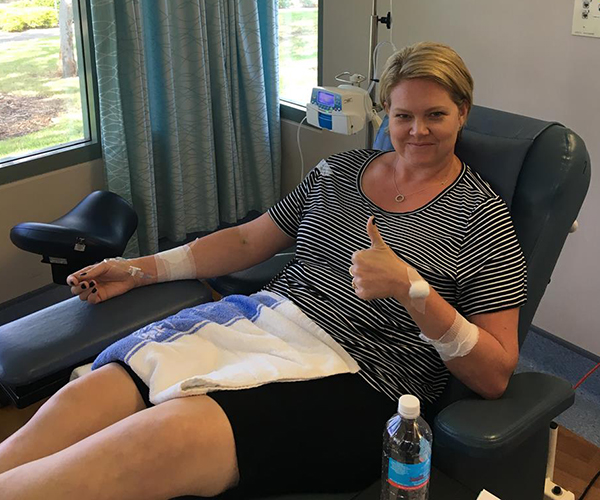
“I had a PICC line inserted [to distribute IV medications] and the X-Rays, surgery and meds all start to add up,” Mel added.
But all of that pales in comparison to the cost of the chemo itself. Thankfully, a lot of chemo is covered by Medicare, but not everyone’s. If there isn’t enough evidence to prove a certain type of chemo would help your cancer, even if it’s the one that works best for your body, you need to pay the gap – a cost of thousands.
According to a study released by the Breast Cancer Network Australia last year, a woman without private health insurance pays around $3,600 in out-of pocket costs.
Mel had private health care which should make the out-of-pocket costs less, right? In fact, the study revealed the figure rises to $7,000 for privately insured women on average. Some women had expenses upwards of $21,000, a cost that could debilitate families already burdened emotionally and physically.
When you’re diagnosed with cancer, your first thought isn’t how long will it be until I can work again? How much sick leave do I have? What does my income insurance protect?
And you definitely don’t consider seemingly innocuous charges, like car payments. A Cancer Council Victoria study found in the first year of treatment, people with cancer spend an estimated $1,128 on parking.
Thankfully, when Mel was diagnosed, her surgeon introduced her to the ELIMINATE trial.
The cost of the trial was covered by the Pharmaceutical Benefits Scheme (PBS), the immensity of which didn’t necessarily sink when Mel was undergoing gruelling treatment.
“Me and my husband own our own plumbing business so if he didn’t work, we didn’t get paid. Thankfully I had Mum around when I was really sick, otherwise he’d have to look after the girls or be with me, which would mean days days with no money was coming in – I can’t even imagine the strain if I hadn’t been on the trial,” Mel divulged. “The cost would be crippling.”
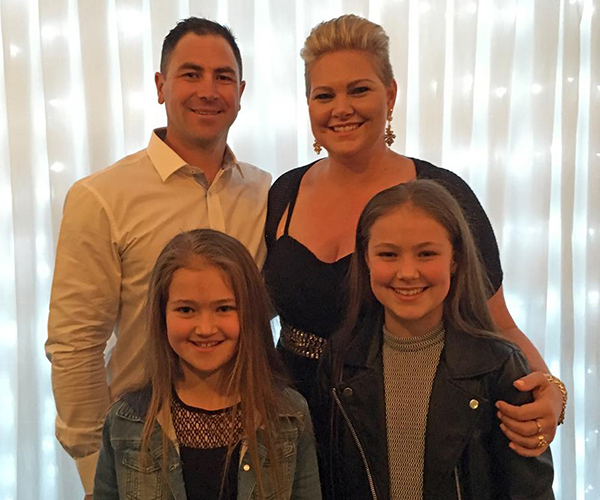
Mel, husband Daniel, Maddison (right) and Montana.
In the world of medicine, participating in a trial can seem scary. There are so many negative connotations; it’s untested, a practice round, you’re a guinea pig. Nobody really wants to be the first person to try out a new drug or procedure – what if it goes wrong?
But the financial help afforded by the trial can be the difference between plunging into debt and being able to pay your bills.
“The trial combines two breast cancer treatments instead of doing one at the time – they’re using the same things, but it’s just a better way of doing it,” Mel asserted.
“I qualified for a couple of reasons. My age was one and my type of breast cancer – my cancer was hormone receptor-positive, [which means the cancer call have receptors that attach to oestrogen which helps them grow]. My tumour was also a substantial size and it had spread to my lymph nodes.”
The fact it was a trial, a test to see whether the double-pronged approach is more successful than staggering out the treatments, didn’t faze Mel in the slightest.
“It wasn’t until talking to people later I even thought of any negative connotations with the word ‘trial’. It was such a good opportunity and it seemed like the better option. Also, over 40 years of research is behind the Breast Cancer Trials so it’s hardly an unfounded experiment.”
“I was thinking about future generations, including my daughters, and anything I could do to help them, I wanted to do.”
The trial involved 16 rounds of chemo and hormone therapy to shrink the tumour. Mel’s tumour shrunk drastically and her lymph nodes returned to normal size, so instead of a mastectomy she underwent two lumpectomies instead, followed by radiation.
Despite the financial aid, Mel’s cancer hit at an incredibly stressful time.
“My oldest daughter Madison was just starting high school, we were doing a house renovation as well as running our own business. Luckily the girls were ridiculously resilient and Mum was there pretty much every day.
“I completely understand why people fundraise for single mums who still need to run the house, look after their kids, all while undergoing exhausting treatment. If it wasn’t for the financial support as well as my friends and my family we wouldn’t have taken it in our stride as well.”
Thankfully, Mel was given the all clear last May.
“When I heard the words cancer free I did a little happy dance. I’m still seeing my oncologist and have ongoing hormone therapy annually, but it should be all finished in time for my 40th birthday.”
And as for trials, it might be time for us to get past our fear of being first.
“I’m such an advocate, being on the trial completely changed the outcome of my cancer.
“More than that, it’s affected even those who can’t undergo this specific trial. The more trials we perform, the more treatment options we have.
“I’m so happy to be a part of something that will be improving lives for generations afterwards.”
If you want more information about Breast Cancer Trials, click here.
